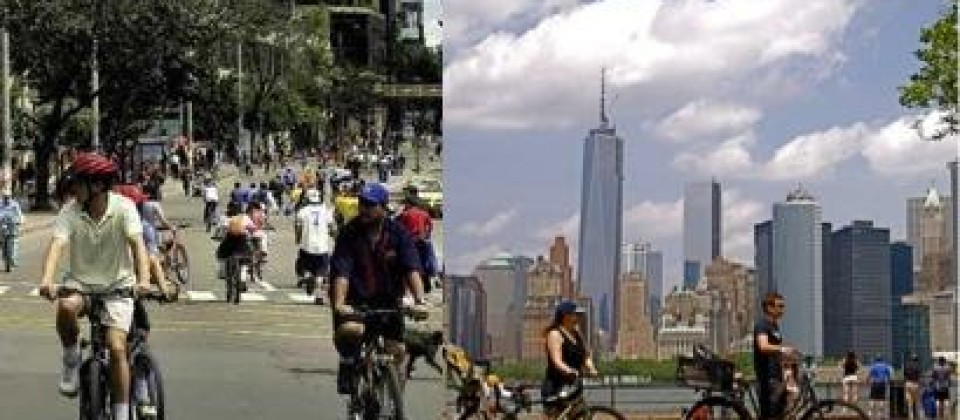Juan Pablo Galvis, State University of New York – College at Old Westbury
My work centers on exploring critically the production of urban policy as it interacts with, and helps articulate class relationships in the city. My dissertation research on Bogota’s public space highlighted the ways in which official notions of equality interpreted middle class claims for public space while endorsing the exclusion of people like street vendors and the homeless. This work unveils how, while proclaiming to protect public spaces as fundamental sites for social equality, Bogota’s policymakers engage in interpreting class difference, qualifying the kinds of citizens that can have equal access to public spaces. In my dissertation, I analyze what I call Managing the living city to highlight the role urban liveliness plays to articulate class relations. This is as a starting point for my current research on the construction of the urban environment as a subject of policy and its differential local effects on different social groups. Using relational comparison, I look at how ‘green’ urban policies have circulated among the cities of Curitiba, Bogota and New York, and the differential local effects ‘green’ urban discourse has had in helping re-interpret class positions in these cities. This research is important because these ‘green’ policies, enacted in the name of the greater social good, have carried with them and imprinted in the urban landscape particularly classed notions of what the urban environment is supposed to be. Teasing out how these increasingly influential policies travel globally and take root in local class politics will help theorize the multi-scalar processes involved in articulating local social classes.
Contact: galvisj@oldwestbury.edu


Leave a Reply